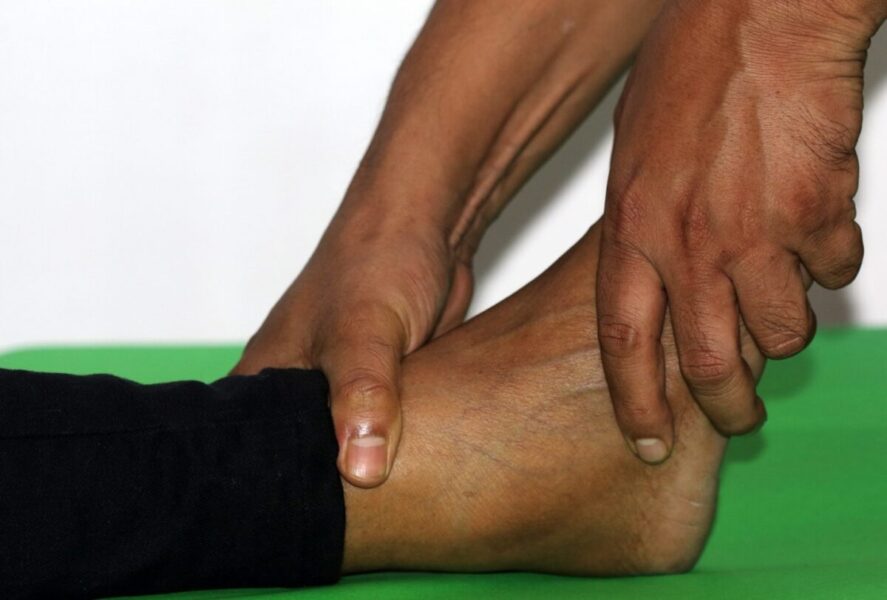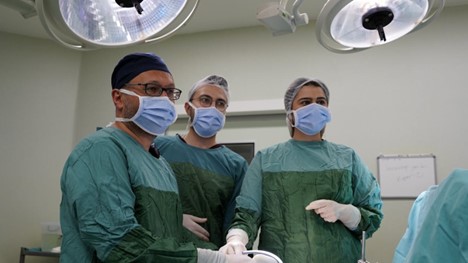Food as Fuel, Food as Pleasure: Nurturing a Holistic Relationship
In a world where diet culture dominates the conversation around food and body image, it’s easy to forget that eating is not just about satisfying physical hunger. Food is intricately tied to our emotions, social interactions, and cultural traditions. Despite this, many of us have been conditioned to believe that we should only eat when we’re physically hungry, leading to guilt and anxiety when we indulge in a meal or snack outside of those prescribed times. However, it’s time to challenge this notion and embrace the idea that it’s okay to eat when you’re not hungry. In this blog, we’ll explore why nurturing a healthy relationship with food means listening to your body’s cues and allowing yourself to enjoy food beyond mere sustenance.
Understanding the Emotional Aspect of Eating:
Food has the power to evoke a range of emotions and can provide comfort, joy, and a sense of connection. It’s essential to acknowledge that emotional eating is a normal part of the human experience. Whether it’s celebrating a special occasion with a slice of cake or seeking solace in a warm bowl of soup on a rainy day, these emotional connections with food are valuable. By accepting that eating can be driven by emotions, we can remove the guilt associated with eating when not physically hungry.
Recognizing the Social Significance of Food:
Food plays a vital role in our social lives. Shared meals bring people together, foster relationships, and create cherished memories. Whether it’s a family gathering, a dinner with friends, or a cultural festival, food often takes center stage. By allowing ourselves to partake in these social experiences, even if we’re not ravenous, we can fully engage in the moments that matter. Eating when not hungry in social settings can enhance our overall well-being and strengthen our connections with others.
Listening to Your Body’s Signals:
Rather than rigidly adhering to strict mealtimes and portion sizes, developing a healthy relationship with food involves listening to your body’s signals. Tuning in to your hunger and fullness cues, known as intuitive eating, allows you to eat when you genuinely need nourishment and stop when you’re satisfied. By paying attention to how your body feels before, during, and after eating, you can make choices that align with your physical and emotional well-being.
Mindful Eating:
Practicing mindful eating is another valuable tool for nurturing a healthy relationship with food. Mindfulness involves being fully present and engaged in the:
- act of eating
- savoring each bite
- appreciating the flavors, textures, and aromas
By slowing down and savoring your food, you can cultivate a deeper appreciation for the nourishment it provides and develop a more positive relationship with eating.
Self-Compassion and Gentle Nutrition:
In the journey towards a healthy relationship with food, it’s crucial to practice self-compassion. This means being kind to yourself and letting go of guilt or shame associated with eating. Instead of fixating on rigid food rules, focusing on gentle nutrition can help you make choices that honor your body’s needs while still enjoying a variety of foods. Prioritizing balanced meals and including a wide array of nutrient-dense foods can support your overall well-being without sacrificing the pleasure and enjoyment of eating.
To learn more, click here and check out this summary from Gundersen Health System.
Remember, eating is about nourishment, pleasure, and connection. So go ahead, eat that slice of cake at the birthday party, savor that dinner with friends, and enjoy the diverse flavors life has to offer. Integrating supplements from the Asher Longevity Institute into our daily routine is a crucial step towards enhancing our overall well-being. Experience the benefits firsthand by conveniently placing your order here!




